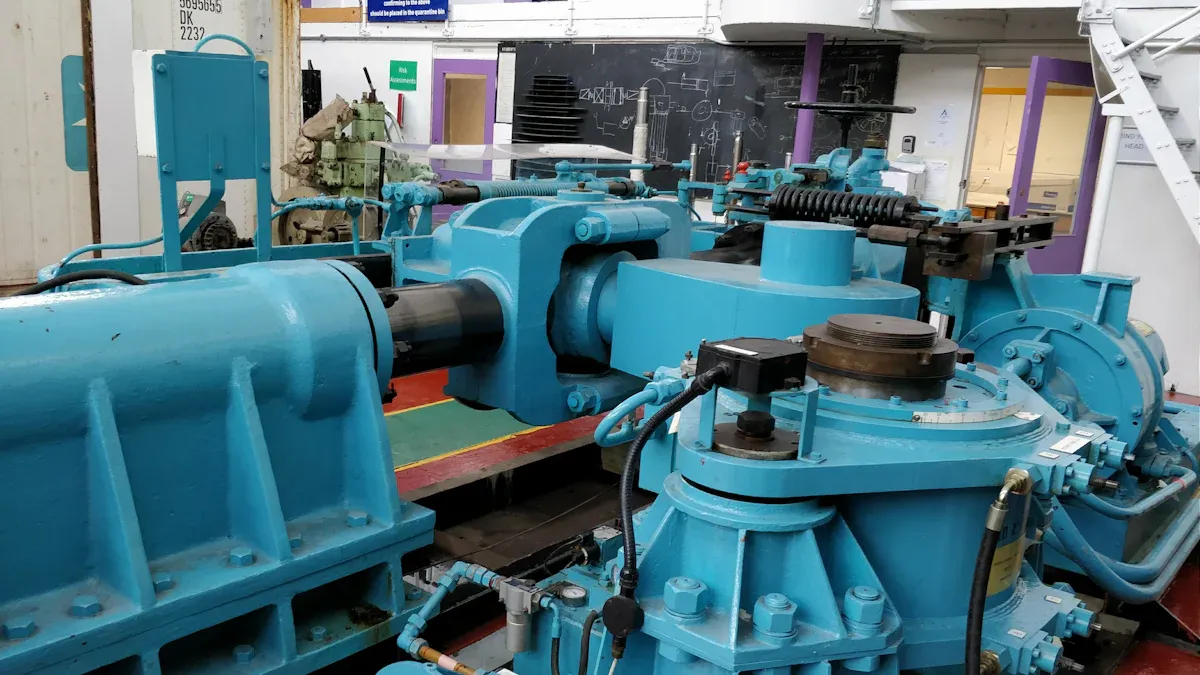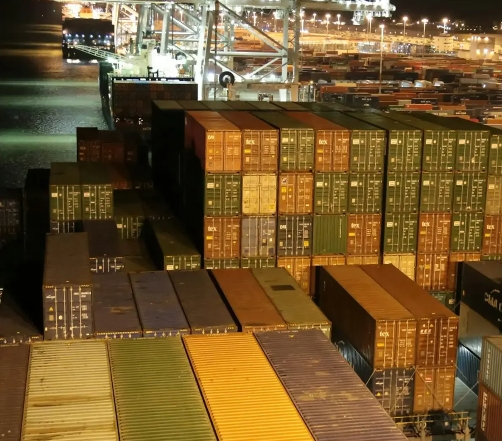In the realm of logistics, efficiency is paramount. With the globalization of trade and the increasing demand for rapid, reliable transportation of goods, traditional methods of shipment are being continually challenged. Among the emerging solutions, Greatway Logistics container block train services have gained significant traction, offering numerous advantages that streamline logistics operations and enhance overall supply chain efficiency.

Enhanced Capacity and Scalability
Higher Cargo Volumes
One of the most prominent advantages of container block train services is their ability to handle significantly higher volumes of cargo compared to road transportation. A single container train can carry hundreds of TEUs (Twenty-foot Equivalent Units), vastly outperforming trucks in terms of cargo capacity. This scalability allows for more efficient utilization of resources, reducing the number of trips needed to transport large volumes of goods.
Flexible Configurations
Container block trains also offer flexibility in terms of configuration. Depending on the cargo type and destination, trains can be easily adapted to carry different sizes and types of containers, from standard dry vans to refrigerated units. This adaptability ensures that logistics operations remain efficient and responsive to varying demands.
Cost-Effectiveness
Lower Transportation Costs
Economies of scale play a crucial role in reducing the cost per unit of goods transported. Container block trains benefit from these economies, offering lower transportation costs per TEU compared to road or air freight. The fixed infrastructure costs are amortized over a larger volume of cargo, resulting in savings that can be passed on to shippers and ultimately consumers.
Reduced Fuel Consumption
Train transportation is inherently more fuel-efficient than road transportation. Trains face less aerodynamic resistance and can move heavy loads with relatively little energy consumption per ton-mile. This not only reduces operational costs but also aligns with environmental sustainability goals, minimizing carbon emissions and other pollutants.
Environmental Benefits
Lower Carbon Footprint
As mentioned, container block trains have a significantly lower carbon footprint compared to road and air transportation. This environmental advantage is particularly crucial in today's climate-conscious world. By shifting a portion of cargo from roads to rails, logistics companies can contribute to reducing greenhouse gas emissions and mitigating climate change.
Reduced Traffic Congestion
In addition to environmental benefits, container block trains help alleviate traffic congestion on highways. By taking a large volume of trucks off the road, these trains reduce the number of vehicles contributing to urban sprawl, traffic jams, and related pollution. This not only improves air quality but also enhances road safety and reduces stress for road users.
Reliability and Consistency
Predictable Schedules
One of the hallmarks of container block train services is their reliability. Trains operate on fixed schedules, minimizing delays and ensuring that goods arrive on time. This predictability is invaluable for supply chain management, allowing for better planning and inventory control.
Reduced Risk of Damage
Container block trains offer a more stable transportation environment compared to road transportation, where factors such as potholes, accidents, and extreme weather conditions can pose risks to cargo integrity. Trains provide a smoother ride, reducing the likelihood of damage to sensitive or fragile goods.
Technological Integration and Innovation
Advanced Tracking and Monitoring
Modern container block train services are increasingly leveraging technology to enhance logistics efficiency. Real-time tracking and monitoring systems provide shippers with visibility into the location and status of their cargo, enabling better decision-making and proactive problem-solving.
Intermodal Connectivity
Container block trains seamlessly integrate with other modes of transportation, forming the backbone of intermodal logistics networks. This connectivity allows for smooth transitions between rail, road, and sea transportation, optimizing routes and further reducing transit times.
Conclusion
Container block train services represent a significant advancement in logistics efficiency, offering a multitude of benefits that span from cost savings and environmental sustainability to reliability and technological integration. By harnessing the advantages of these services, logistics companies can streamline their operations, enhance supply chain resilience, and contribute to a more sustainable future. As global trade continues to evolve, Greatway Logistics container block trains will undoubtedly play a pivotal role in shaping the future of efficient logistics.
www.greatwaylogistic.com
Greatway International Logistics (Shanghai) Co., Ltd.








+ There are no comments
Add yours